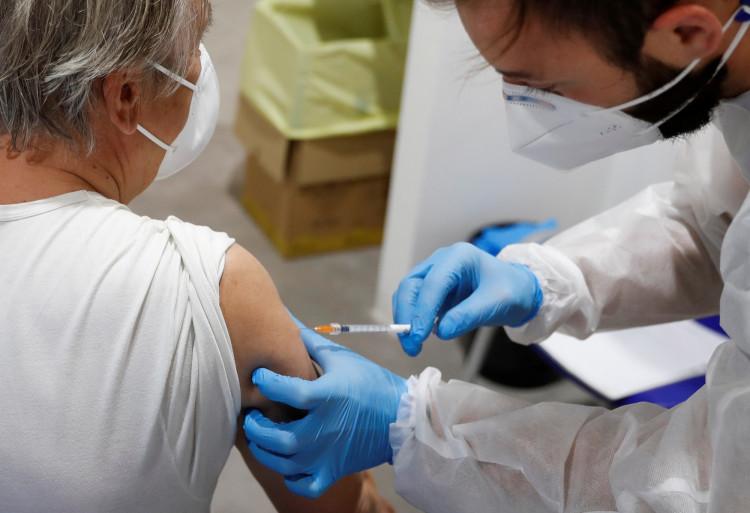According to a recent study by a team of Portuguese researchers, the virus may be evolving more frequently than anticipated as monkeypox cases continue to rise across North America and Europe.
The latest variant of monkeypox, as per researchers, differs genetically from comparable viruses that were in circulation between 2018 and 2019 by roughly fifty. This conclusion is "six to twelve times larger than one would predict considering earlier estimates," according to Newsweek.
The study, which was published in Nature Medicine, showed that the virus is still evolving and has undergone a variety of tiny genetic code alterations, minor gene variations, and gene deletion. These substantial genetic differences would indicate "accelerated evolution."
Due to the fact that they are happening in regions of North America and Europe where the virus is not endemic, the current increase in monkeypox cases is exceptional. Monkeypox is typically found in the rainforests of Central and West Africa, where the virus-bearing animals reside. The World Health Organization (WHO) reports that more than 3,200 cases of monkeypox have been reported so far in close to fifty different countries.
Despite the alarming findings, research co-author Joo Paulo Gomes told Newsweek that it is still unclear whether the mutations have led to higher rates of human-to-human transmission. "We do not know that. We just know that these additional fifty mutations were quite unexpected," he said.
"Considering that this 2022 monkeypox virus is likely a descendant of the one in the 2017 Nigeria outbreak, one would expect no more than five to ten additional mutations instead of the observed about fifty mutations. We hope that now, specialized groups will perform laboratory experiments in order to understand if this 2022 virus has increased its transmissibility," he continued.
A virus called monkeypox causes flu-like symptoms and lymph node swelling before rashes on the face, hands, feet, eyes, mouth, or genitals develop into raised bumps, which subsequently develop into blisters. The virus is most easily disseminated by direct contact with an infected person's sores and has been shown to be contagious for up to four weeks. Contact with objects that have the virus on them can potentially spread it.
The WHO's emergency committee has met to discuss whether the rapidly spreading monkeypox outbreak justifies the declaration of a worldwide emergency. Such a statement would indicate that the World Health Organization views the outbreak as an "exceptional event" and that the disease is likely to spread to more nations, necessitating maybe a coordinated international response.






